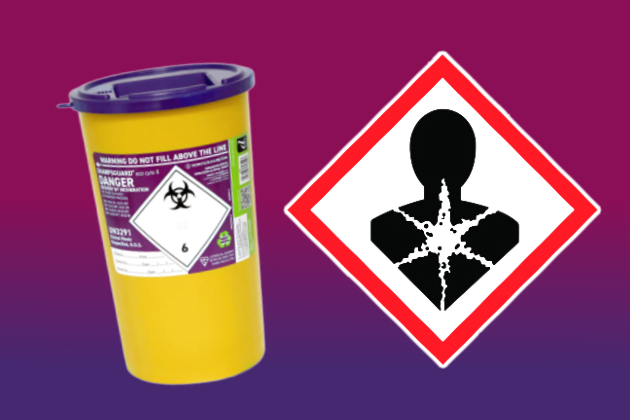With many job interviews now taking place online, RCN careers coach Julie Watkins considers what you need to do to give yourself the best chance of success
1. Get in the zone
On the interview day, do what you’d usually do on the day of a face-to-face interview. Try to mirror your usual routine as much as possible as some people find the adrenaline and nervous energy focuses them.
2. Consider the background
Plan in advance where you’ll position yourself during the interview. Try to avoid having anything behind you that might distract your interviewers.
An ideal backdrop would be a plain, solid wall, but if that’s not possible, choose a background that’s clean, tidy and free of clutter to create an impression of being neat and organised.
3. Sitting comfortably?
Think about whether you just want to show your head and shoulders, or whether you want to show your upper body. Do whatever you feel more confident with.
4. Get the lighting right
The panel needs to see your facial expressions to help build trust and rapport. Try not to have a window behind you as this is likely to cast your face in shadow.
If you’re in a dark room, consider having a light behind your camera to illuminate your face. Experiment in advance of your interview to make sure you get it right.
5. Avoid interruptions
Let everyone in your household know when your interview is and make plans in advance to ensure your interview space will be as free as possible from any potential interruptions. You may want to stick a piece of paper on the door to remind others not to intrude.
If you have children, family members or pets who may interrupt you, mention this to your interviewers at the start of your interview - they should be sympathetic. If you’re interrupted, apologise, stay calm and resolve it.
Don’t worry about it – remember this is likely to impress your interviewer as it can be a reflection of how you might handle tricky scenarios in your work life
If you’re interrupted, apologise, stay calm and resolve it
6. Remember your body language
During the interview, look directly into the lens of the camera, and not at the screen. This will help build trust and rapport.
Sit up straight and have your camera at an angle that naturally allows you to keep your head up straight. This can help you convey professionalism and confidence. Consider using your hands to emphasise points or to help punctuate your speech.
Research shows that showing open hands can aide trust and build rapport, and it can be used to convey confidence. If you’re not used to doing this, practice beforehand.
7. Remember to smile
Smiling can help make you look more personable, confident and approachable. Simple things like nodding while your interviewer is talking can convey good listening skills too.
8. You can use notes
Arrange some notes around your interview area to help jog your memory. Don’t go overboard as you don’t want it to sound like you’re reading from a script.
9. Practice makes perfect
Set everything up in advance of your actual interview and do a practice run with friends, family or colleagues.
Check the lighting and camera work is suitable, the sound is good, and that you’re comfortable and familiar with whatever technology and software you’re using.
10. Be kind to yourself
These are unprecedented and difficult times and very few people will have experience of doing video interviews. You’re going to be in the same boat as your fellow candidates and no interviewer will expect perfection.
Further information
- Read more about interview techniques.
- FInd out more about the RCN Careers Service.








